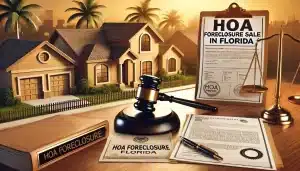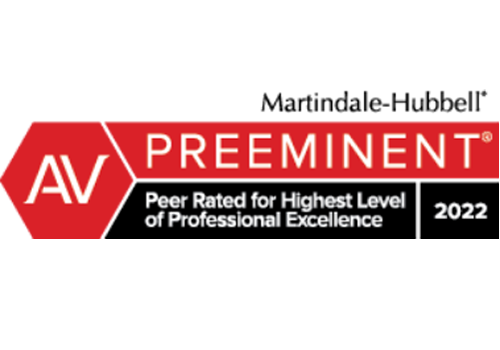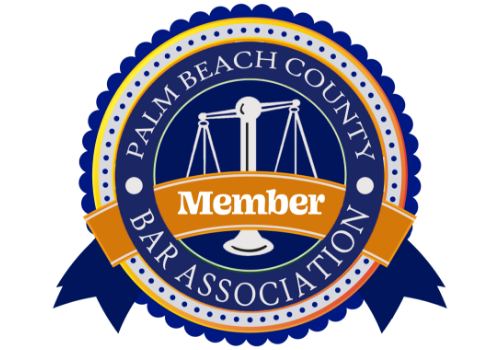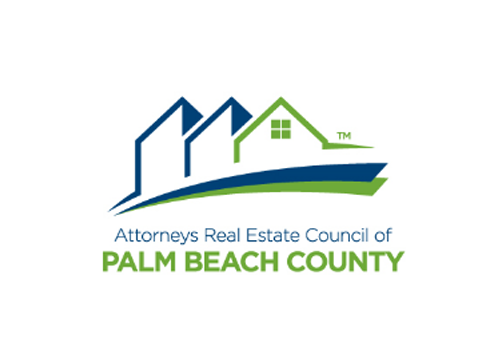
Law Blog
Mastering Rental Property Management: The Importance of a Well-Drafted Lease Agreement

Refer to the Lease: Protecting your Interest with a Well-Drafted Lease Agreement
In an era where inflation has grabbed a hold of every sector in the consumer market, any ancillary revenue streams one can happen upon are crucial in staying ahead of an ever-changing world. Side hustles are the most common thought when thinking about additional income streams, but more and more, people are turning to property management and ownership as an additional, and often lucrative, means of income.
The Rise of Rental Property as a Lucrative Income Stream
Owning an additional property that can be used as a rental can be a boon for the property owner, offering a (generally) stable income that can pay dividends for not only yourself but also the generations that will succeed you. But, where there are potentially lucrative earnings, there are often times dangerous pitfalls or regulations that could have disastrous effects on your rental income stream. From upkeep costs to dealing with sometimes uncooperative Tenants, operating a rental property requires a sense of caution and attention to detail if you desire to see the riches to be reaped. At the core of that sense of caution and attention to detail should exist a well-drafted and secure Lease Agreement.
Why a Standard Lease Agreement Doesn’t Always Cut It
The Lease Agreement governs the relationship between the Landlord and the Tenant. Time and time again, Landlords will often default to using a standard “fill-in-the-blank” lease to save time and money and get the Tenant under the agreement as quickly as possible. Only when a costly dispute arises do those same Landlords realize that the Lease that they quickly put together fails to meet their own expectations as to what the Tenant was supposed to have been responsible for over the course of the tenancy.
A well-drafted lease will outline all contingencies of the tenancy for both parties and leave little room for disagreement or confusion. For example, an area that frequently arises in dispute is the state of the premises upon move-out of the Tenant at the termination of the lease period. A well-drafted lease will leave no stone unturned in identifying what maintenance obligations will fall on the Landlord, the Tenant, or, if applicable, a governing Homeowner’s Association or Condominium Association. It should be stated clearly and concisely exactly what is expected of the Tenant so that there can be no dispute or claim that the Tenant was unaware of their obligations under the terms of the lease.
A well-drafted lease will additionally have proper verbiage when detailing the obligations of the lease. Words like “should” or “may” should be avoided in reference to obligations that the Landlord deems mandatory, as they create the presumption that the obligation is not a requirement, but rather, is at the option of the Tenant. Using language such as “shall” “will” or “is required to” eliminates ambiguity on whether the obligation in question is required of the Tenant or not, and can bolster the Landlord’s position down the line.
Understanding the Landlord-Tenant Act and Its Implications
A well-drafted lease will adhere strictly to the Landlord-Tenant Act, and will incorporate the provisions of the Act directly into the lease. Often, when using a generated form lease, the provisions of the Landlord-Tenant Act will be attached to the lease as an exhibit to be referred to, without making any direct reference to the obligations that are contained in the Act for both Landlord and Tenant. Incorporating certain provisions directly into the drafted lease will keep all parties informed of the required procedures such as notices regarding claims on security deposits, general upkeep requirements, and other important dispute resolution procedures that are outlined and regulated by the terms and provisions of the Act.
In addition to areas of concern such as payment of rent, required maintenance and upkeep, and written notice provisions, a well-drafted lease will also address the uniqueness that exists with every rental property. No two homes are created equal, and having a lease tailored to the specific property will go a long way in ensuring the profitability of the rental property. Taking into account things such as pets, extra amenities such as hot tubs or pools, or placing prohibitions on certain activities such as smoking will help to maintain the quality and condition of the rental property, while also providing increased financial return. For example, a lease may allow pets, but each pet could correlate to a non-refundable pet deposit or an increase in base rent. In other scenarios, a Lease could provide that the Tenant is authorized to make certain alterations or improvements to the property with the Landlord’s consent. Depending on the nature and extent of those improvements, they could become fixtures that stay with the property and allow the Landlord to increase the base rent for subsequent Tenants based on expanded amenities offered with the property.
Having a well-drafted lease is crucial to a successful stream of income from a rental property. Ensuring that all potential questions and ambiguities are addressed in the lease could be the difference between a successful lease term and a disastrous term that results in excessive expenses, protracted disputes, and even litigation.
Whether you are in need of lease drafting, lease review, or representation in a dispute, the attorneys of Scott, Harris, Bryan, Barra & Jorgensen, P.A. are ready, able, and willing to help put you in the best possible position to secure your interest and protect your investment in relation to your rental property. Our attorneys are on standby to take your call and help put you in the best possible position for your future lease and make sure that you are protected from whatever may come your way. Contact the attorneys of Scott, Harris, Bryan, Barra & Jorgensen, P.A. today at (561) 624-3900 to discuss your matter with our staff.
The information provided in this article does not, and is not intended to, constitute legal advice; instead, all information, content, and materials available in this article are for general informational purposes only. Information in this article may not constitute the most up-to-date legal or other information. Readers should contact an attorney to obtain advice with respect to any particular legal matter. No reader, user, or browser of this article should act or refrain from acting on the basis of information in this article without first seeking legal advice from counsel in the relevant jurisdiction. Only your individual attorney can provide assurances that the information contained herein – and your interpretation of it – is applicable or appropriate to your particular situation.
The views expressed at, or through, this site are those of the author writing in their individual capacity only – not those of Scott-Harris as a whole. All liability with respect to actions taken or not taken based on the contents of this site are hereby expressly disclaimed. The content on this posting is provided “as is;” no representations are made that the content is error-free.
recent post


South Florida Closing Costs: What Buyers & Sellers Should Expect

Homeowners Associations (HOA) in Florida: Legal Rights and Obligations
recent post

HOA Foreclosure Sales in Florida: Understanding Risks, Liens, and Legal Considerations

South Florida Closing Costs: What Buyers & Sellers Should Expect










